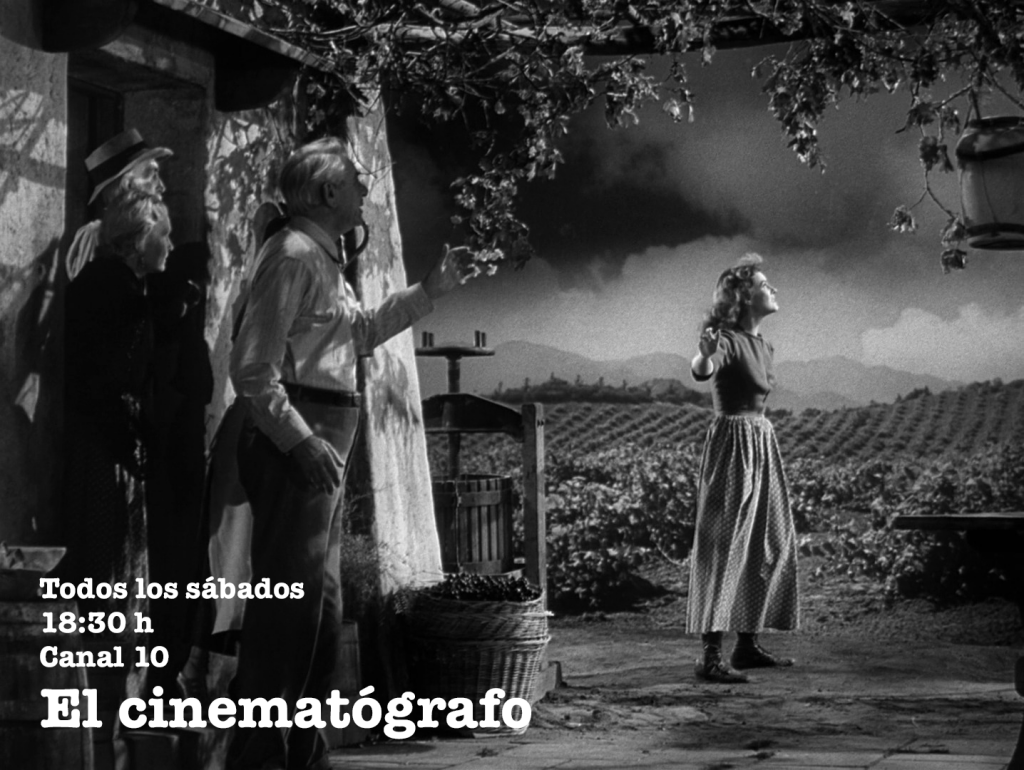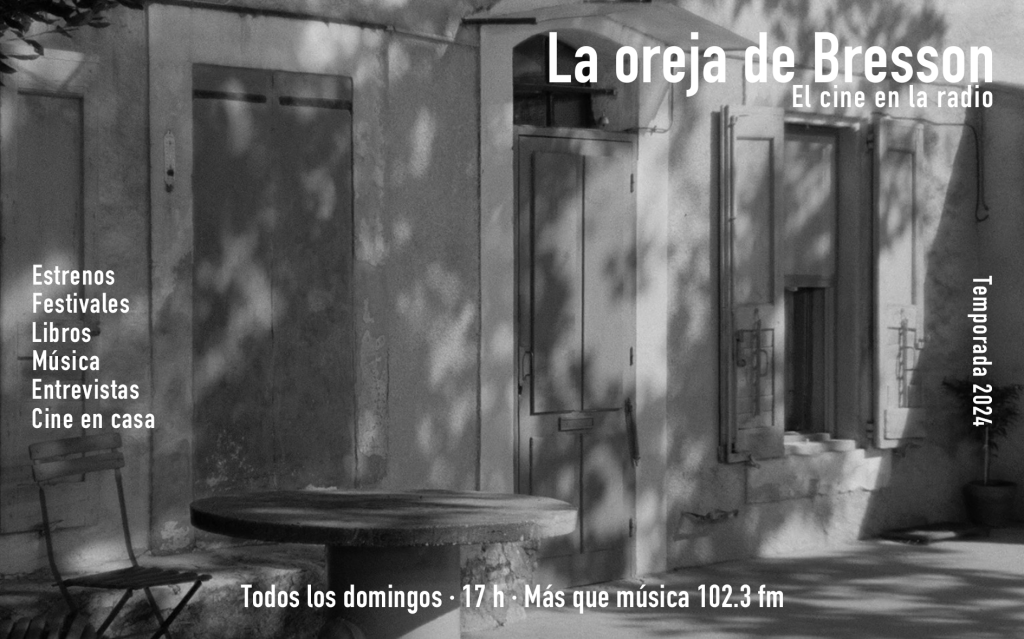
FICUNAM (05)
FESTIVAL INTERNACIONAL DE CINE UNAM: PELÍCULAS EN COMPETENCIA / FILMS IN COMPETITION
By Roger Alan Koza

Im Alter Von Ellen/A la edad de Ellen/At Ellen’s Age, Alemania, 2010: Pia Marais’ second film is a confirmation of her talent. It opens with a couple arguing, a complex situation. Ellen is a stewardess and probably the quarrel is directly related to her profession. In an undetermined place in Africa, Ellen experiences a mysterious visual encounter with a wild creature which will reappear at a decisive moment: a panic attack before her plane takes off. This triggers an escape from her own life, a temporary land-borne nomadic existence including her stay with a vegetarian collective. These tofu-militants become a momentary core-support group and a major preparation for her return to Africa. The wild creature awaits. Pia Marais films a state-of-the-world using a state-of-the-mind; or, rather, she chooses a profession as a symptom of a global malady. The immaculate condition of flight attendants and their aesthetic of impeccability are unveiled, as it is suggested by a sequence –central from a philosophical point of view—where the crew members organize a party; a necessary opposite to the puritanical behaviorism the flying serfs are submitted to. This passive liberation by the aerial employees has an echo within the anarchist-ecologist group Ellen briefly joins. A shallow analysis could suggest the perspective that this militarized young people who proclaim vegetarianism, the end of animal experimentation for scientific purposes, and some sort of collectivization of private property are portrayed as people outside the system and revolutionaries. However, Marais seems very conscious about the limitations of her creatures.

Paraísos artificiales / Artificial Paradise, México-Holanda, 2011: Yulene Olaizola’s second feature shows the same formal and narrative strength of her first film, Intimidades de Shakespeare y Víctor Hugo, a heterodox documentary. In Paraísos artificiales some derivations of her evolving style can be traced; this is not just a (heterodox) fiction movie, but the preeminence of speech which dominates her debut feature is here substituted by a contemplative tone that might have been imposed by the grandiosity of the Tuxtlas, in Veracruz. In this almost-virgin ecosystem, Luisa —a 25-year-old woman— fights her heroin addiction. She comes from the city and little is known about her past and her history. For an addict, present becomes absolute; and so it is for Salomón, a 50-year-old local, an alcoholic widower whose only pleasure is to smoke marihuana every day. After meeting randomly at the beach Salomón and Luisa become friends as she tries to quit her addiction. Olaizola stays away from psychological and moral reasons, while the medical and legal discourse are out of the question. The only way to look and cure the problem, the chosen path, is to believe in a mysterious reciprocity of affections which can heal through transcending class and generational gaps. And though the panoramic images intensify the beauty of an unspoiled nature, Olaizola never ascribes to it any healing powers. The idea of an artificial (or natural) paradise is excessive, what does exist is the discreet relief of knowing one is not entirely alone.





Últimos Comentarios